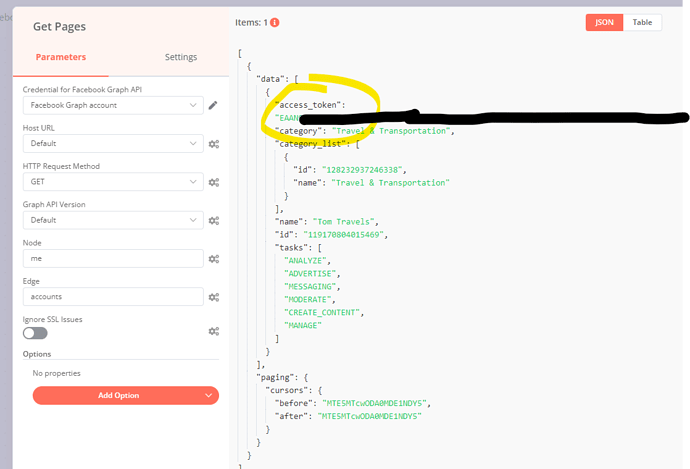Source:
https://stackoverflow.com/questions/19035373/how-do-i-redirect-in-expressjs-while-passing-some-context
There are a few ways of passing data around to different routes. The most correct answer is, of course, query strings. You'll need to ensure that the values are properly
encodeURIComponent and
decodeURIComponent.
app.get('/category', function(req, res) {
var string = encodeURIComponent('something that would break');
res.redirect('/?valid=' + string);
});
You can snag that in your other route by getting the parameters sent by using req.query.
app.get('/', function(req, res) {
var passedVariable = req.query.valid;
// Do something with variable
});
For more dynamic way you can use the
url core module to generate the query string for you:
const url = require('url');
app.get('/category', function(req, res) {
res.redirect(url.format({
pathname:"/",
query: {
"a": 1,
"b": 2,
"valid":"your string here"
}
}));
});
So if you want to redirect all req query string variables you can simply do
res.redirect(url.format({
pathname:"/",
query:req.query,
});
});
And if you are using Node >= 7.x you can also use the
querystring core module
const querystring = require('querystring');
app.get('/category', function(req, res) {
const query = querystring.stringify({
"a": 1,
"b": 2,
"valid":"your string here"
});
res.redirect('/?' + query);
});
app.get('/category', function(req, res) {
req.session.valid = true;
res.redirect('/');
});
And later on after the redirect...
app.get('/', function(req, res) {
var passedVariable = req.session.valid;
req.session.valid = null; // resets session variable
// Do something
});
There is also the option of using an old feature of Express,
req.flash. Doing so in newer versions of Express will require you to use another library. Essentially it allows you to set up variables that will show up and reset the next time you go to a page. It's handy for showing errors to users, but again it's been removed by default. EDIT:
Found a library that adds this functionality.
Hopefully that will give you a general idea how to pass information around in an Express application.
